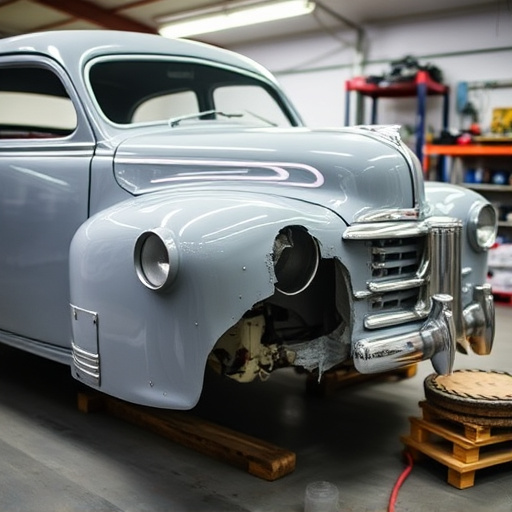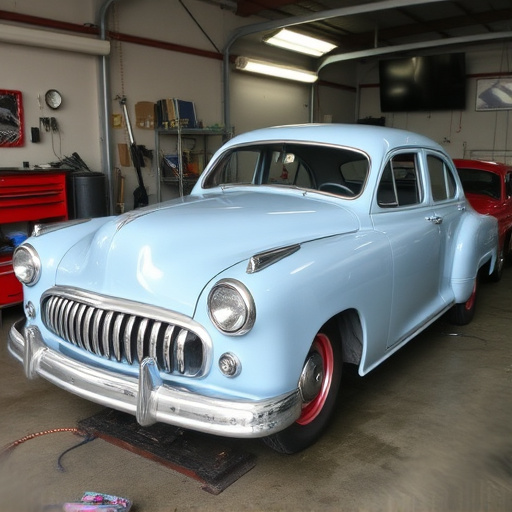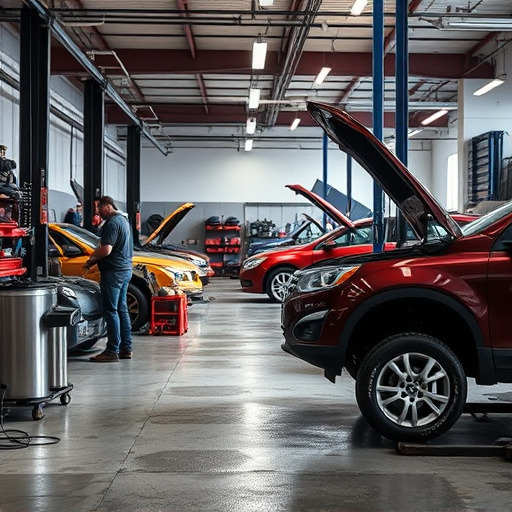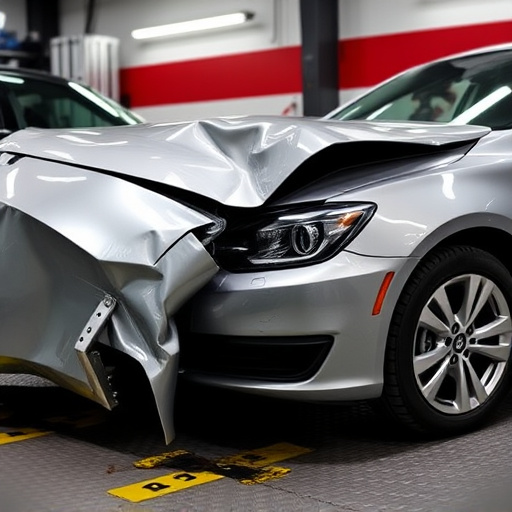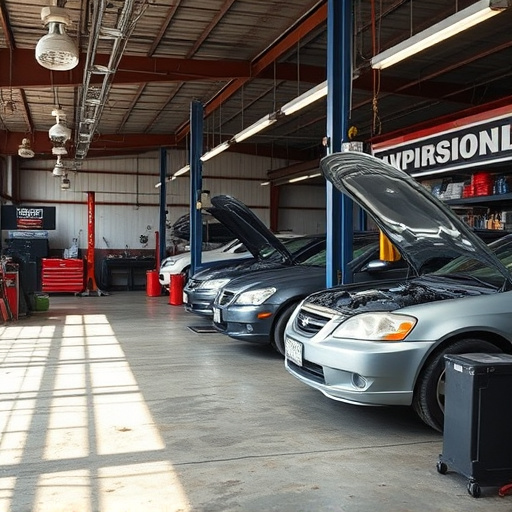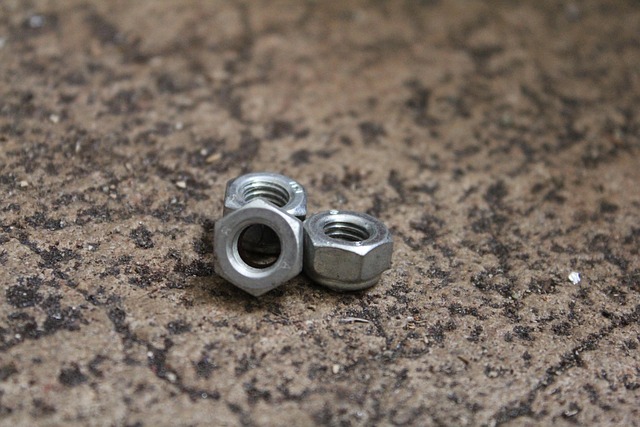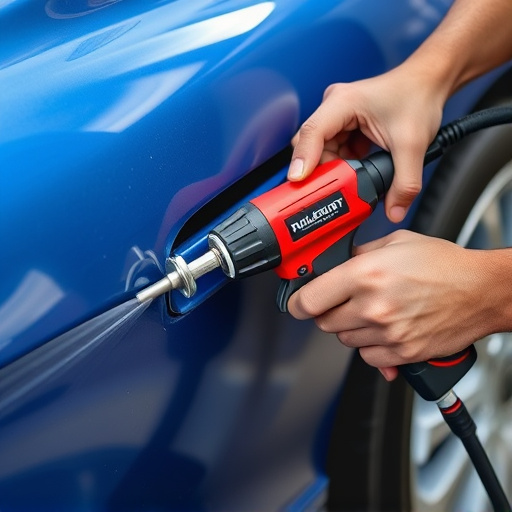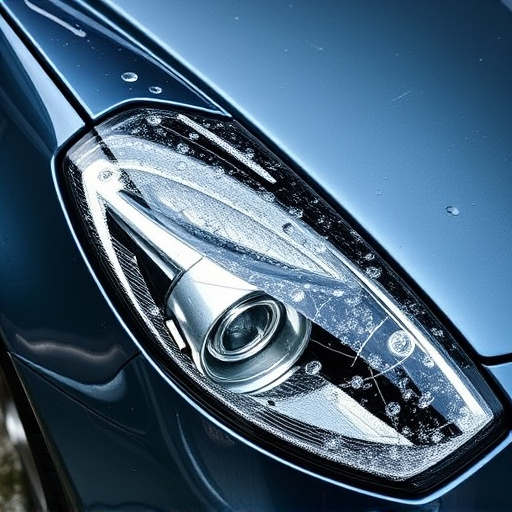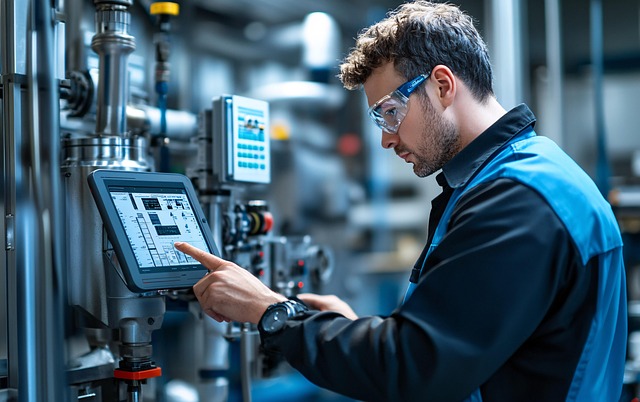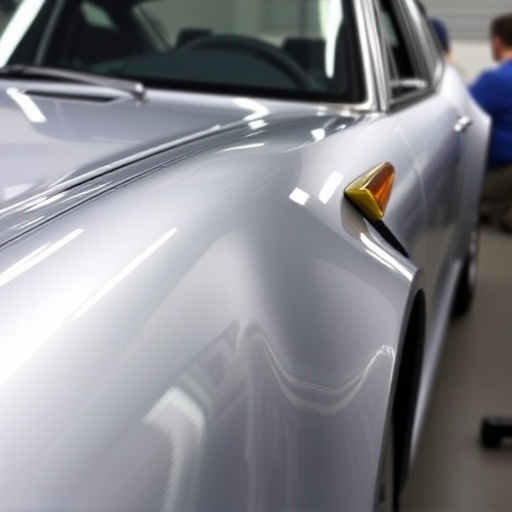Auto body fasteners are crucial for vehicle structural integrity and aesthetics. Types like bolts, screws, rivets, and nails serve diverse needs, with bolts and screws offering versatile general attachments while rivets provide permanent solutions. Choosing the right fasteners for specific body panels ensures high-quality workmanship, enhancing safety and resale value. Quality fasteners from reputable manufacturers ensure durability during collision repair or restoration when installed properly via manufacturer instructions and tools. Regular maintenance prevents rusting and loosening.
Auto body fasteners are essential components that secure various car parts, ensuring structural integrity and safety. This article delves into the critical role of door, hood, and trunk fasteners, exploring their types, functions, and benefits. We’ll guide you through selecting, installing, and maintaining these fasteners, highlighting best practices for enhancing vehicle security. Discover the key features ensuring your car’s exterior remains robust and secure.
- Understanding Auto Body Fastener Types and Their Roles
- Key Features and Benefits for Door, Hood, Trunk Security
- Selection, Installation, and Maintenance Best Practices
Understanding Auto Body Fastener Types and Their Roles
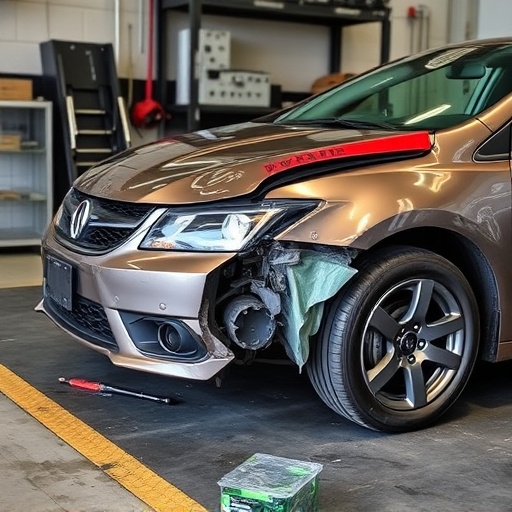
Auto body fasteners play a pivotal role in maintaining the structural integrity and aesthetic appeal of vehicles. These components are crucial for securing various body panels, including doors, hoods, and trunks, ensuring they remain tightly connected to the vehicle’s frame. Fasteners come in diverse types, each designed for specific applications and offering unique advantages. For instance, some fasteners are optimized for high-strength bonding, ideal for severe collision repairs or frame straightening processes at a car repair shop, while others provide quick and efficient assembly during regular maintenance or car damage repair.
Understanding the differentiation between these auto body fasteners is essential when tackling different repairs. Bolts, screws, rivets, and nails are among the common varieties, each suited to particular tasks. For example, bolts and screws are versatile and often used for general attachment, allowing for easy removal and replacement. Rivets, on the other hand, provide permanent fastening solutions, making them indispensable in structural repairs. By selecting the right fasteners for door, hood, or trunk applications, car repair shops can ensure top-notch workmanship, enhancing vehicle safety and resale value.
Key Features and Benefits for Door, Hood, Trunk Security
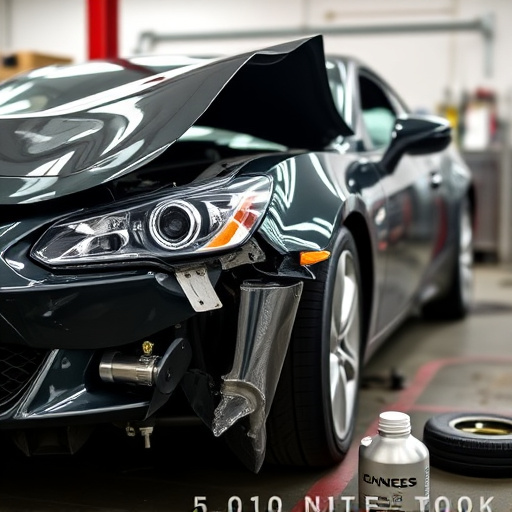
Auto body fasteners play a crucial role in ensuring the security and integrity of vehicle bodywork, especially for doors, hoods, and trunks. These specialized fastening systems are designed to withstand significant force and provide robust connections between various car parts. Key features include superior corrosion resistance, high tensile strength, and advanced installation methods that align with modern automotive collision repair standards.
The benefits extend beyond structural integrity. Auto body fasteners contribute to the overall aesthetic appeal of a vehicle by ensuring seamless joints and precise alignment during vehicle bodywork repairs in collision centers. They also enhance safety by maintaining the structural integrity of critical components like doors and trunks, which are vital for passenger protection in case of an accident. This focus on detail ensures that repaired vehicles not only look as good as new but also perform optimally, giving owners peace of mind on the road.
Selection, Installation, and Maintenance Best Practices
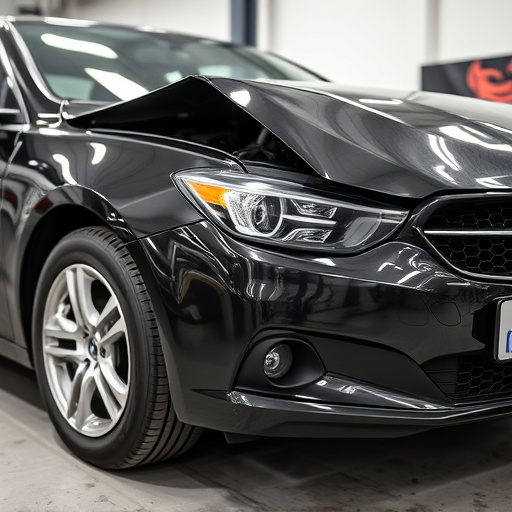
When selecting auto body fasteners for door, hood, or trunk applications, it’s crucial to consider factors like material quality, compatibility with your vehicle’s make and model, and the fastener’s load-bearing capacity. High-quality auto body fasteners from reputable manufacturers ensure structural integrity during collision repair or car body restoration processes. Opting for the right fasteners can streamline installation and reduce long-term maintenance needs.
Proper installation is key to maintaining the stability and safety of your vehicle’s bodywork. Follow manufacturer guidelines and use specialized tools to prevent damage. Regular maintenance, such as periodic inspections and timely replacement of worn fasteners, is essential in preventing premature rusting or loosening, which can compromise the structural integrity of your vehicle. A well-maintained collision center ensures that every auto body fastener is secure and functioning optimally, contributing to a safer driving experience.
Auto body fasteners are essential components that ensure the structural integrity of a vehicle’s exterior. By understanding different types and their roles, selecting the right ones for door, hood, and trunk applications, and practicing proper installation and maintenance, you can enhance safety and preserve the vehicle’s aesthetic value. These practices contribute to a robust and secure automotive landscape, making auto body fasteners a game-changer in both functionality and design.

